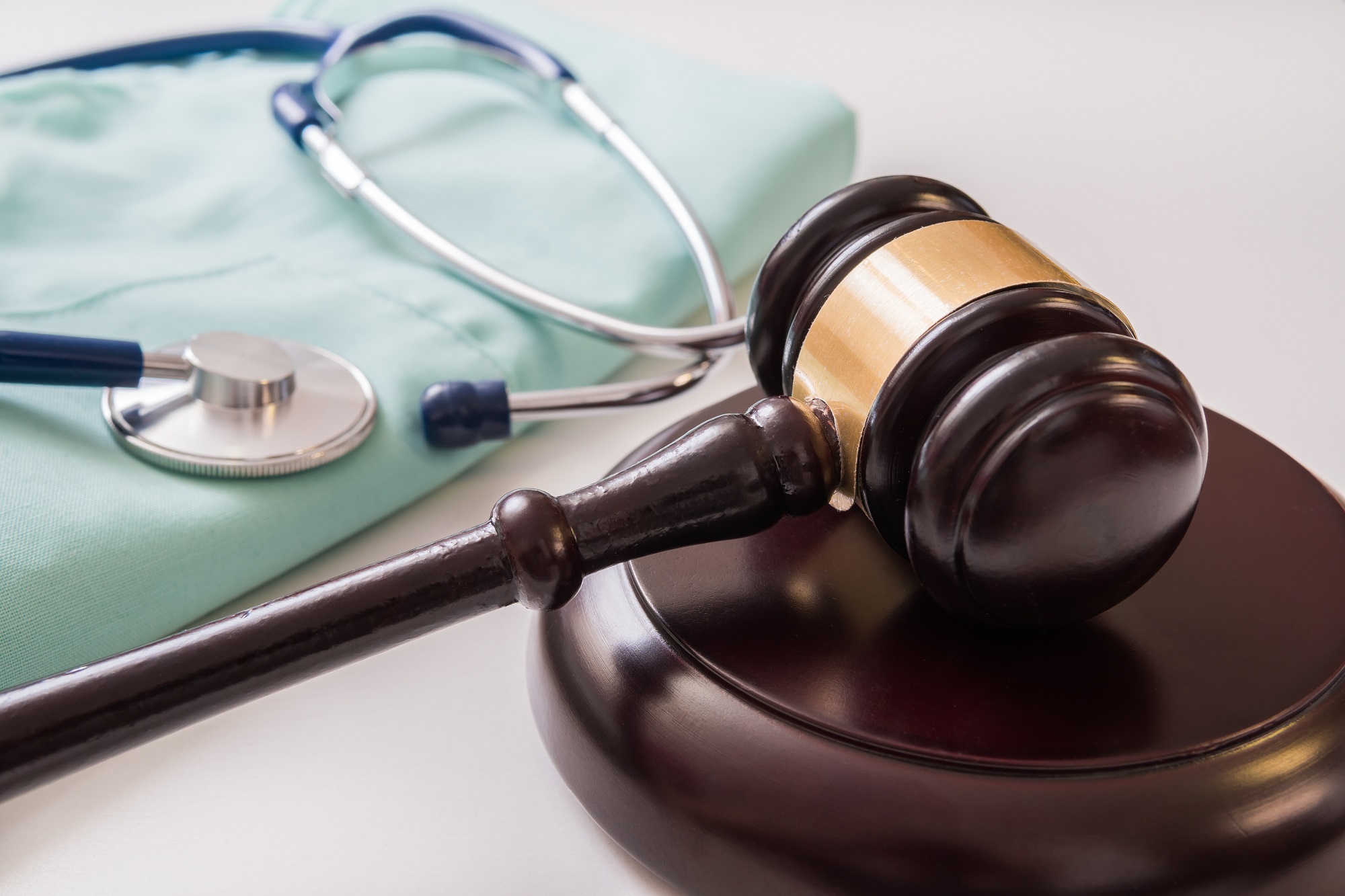Medical negligence is an unfortunate reality that affects thousands of patients every year. When healthcare providers fail to meet the standard of care, the consequences can be devastating. Patients who have suffered harm due to medical negligence often seek legal recourse to hold responsible parties accountable. As a seasoned lawyer with over a decade of experience in medical malpractice cases, I can shed light on the complex process of proving medical negligence from a legal perspective.
Medical negligence, often referred to as medical malpractice, occurs when a healthcare provider breaches the standard of care expected in their profession, resulting in harm to the patient. Proving medical negligence is a challenging task, as it demands a comprehensive understanding of the law, medical practices, and a commitment to securing justice for those who have suffered.
The Burden of Proof
One of the key challenges in proving medical negligence is establishing a solid case. In the legal realm, we must prove four essential elements to succeed in a medical malpractice claim:
- Duty: The first element involves demonstrating that a doctor-patient relationship existed, establishing a duty of care.
- Breach: Next, it’s crucial to establish that the healthcare provider failed to meet the standard of care expected in their profession. This often involves expert testimony to determine the accepted standards of care.
- Causation: The third element necessitates proving a direct link between the breach of duty and the patient’s injuries. This can be particularly challenging, as healthcare providers often contend that the patient’s injuries are not a result of their actions.
- Damages: Lastly, it is essential to provide evidence of the patient’s damages, which may include physical, emotional, or financial harm. This can involve medical records, expert witnesses, and more.
- Gathering Evidence: Proving medical negligence requires an extensive collection of evidence. This involves reviewing medical records, consulting with medical experts, and conducting a thorough investigation. Medical experts play a crucial role in assessing whether the healthcare provider’s actions deviated from the standard of care. They can provide invaluable insights into the intricacies of medical practices, making it easier to demonstrate negligence.
Expert Witnesses
Expert witnesses are indispensable in medical malpractice cases. These individuals possess specialized knowledge in the relevant medical field and can testify to the accepted standard of care and whether it was breached. Their testimony can significantly influence the outcome of a case, as it provides a professional, unbiased perspective.

The Role of Informed Consent
Informed consent is another crucial aspect of medical negligence cases. It entails ensuring that patients are fully aware of the risks and potential outcomes of a medical procedure. When healthcare providers fail to obtain proper informed consent, it can result in legal liability.
The Legal Process
The legal process in medical negligence cases can be protracted and complex. Laws governing medical malpractice vary by jurisdiction, adding another layer of complexity. To navigate this legal landscape effectively, it’s vital to have an experienced attorney who understands the intricacies of medical malpractice law.
Settlement vs. Trial
Many medical negligence cases are resolved through settlements, allowing both parties to avoid a lengthy trial. Settlements can offer quicker resolutions and are often negotiated to ensure the injured party receives compensation for their damages. However, not all cases are suitable for settlement, and sometimes going to trial is the only way to achieve justice.
Compensation
In cases of medical negligence, compensation may be sought for various types of damages, including medical bills, lost wages, pain and suffering, and punitive damages in cases of extreme recklessness. Securing fair compensation for victims is a central goal in these cases.
The Importance of Legal Representation
In the pursuit of justice in medical negligence cases, having experienced legal representation is essential. An attorney well-versed in medical malpractice law can navigate the complexities of the legal system and provide invaluable guidance throughout the process.
Conclusion
Proving medical negligence from a legal perspective is a challenging and intricate task that demands in-depth knowledge of both the law and the medical field. While the burden of proof is high, a comprehensive understanding of the legal process, expert witnesses, and effective investigation techniques can help victims of medical negligence seek the justice they deserve. Legal representation is key to navigating this complex area of law and ensuring that healthcare providers are held accountable when their actions cause harm to patients.